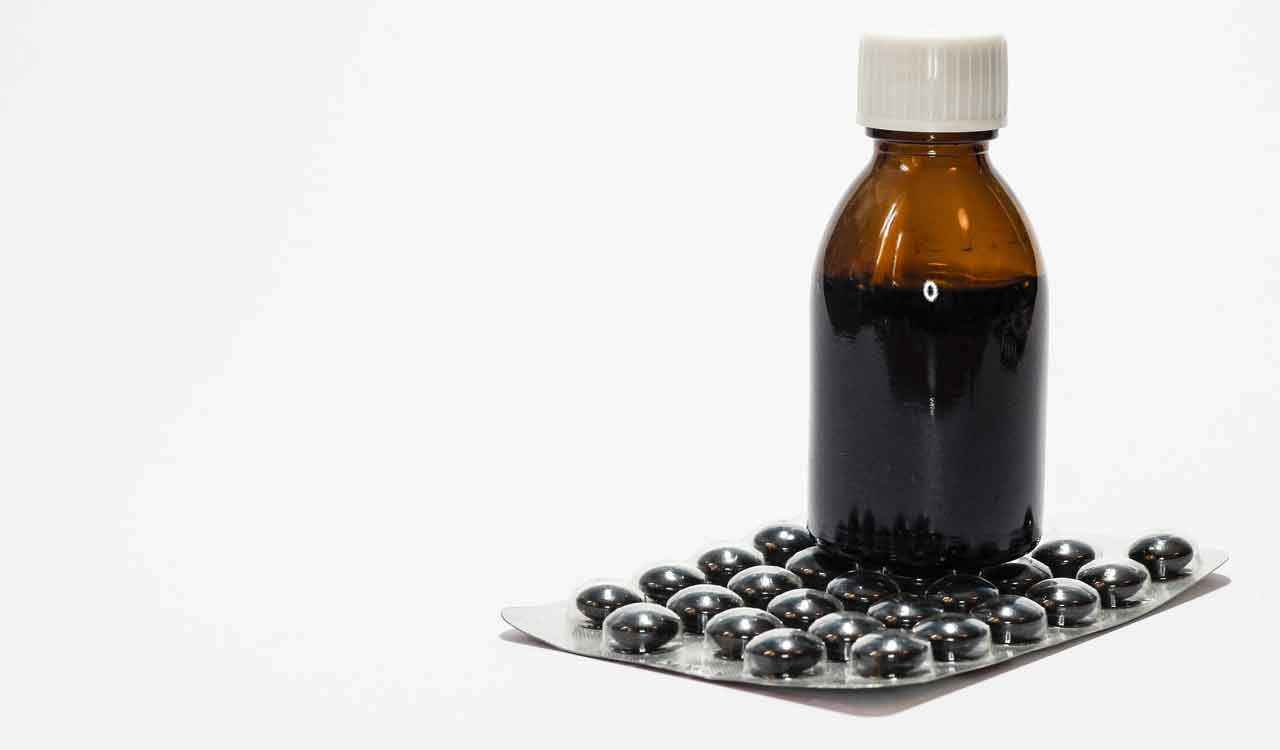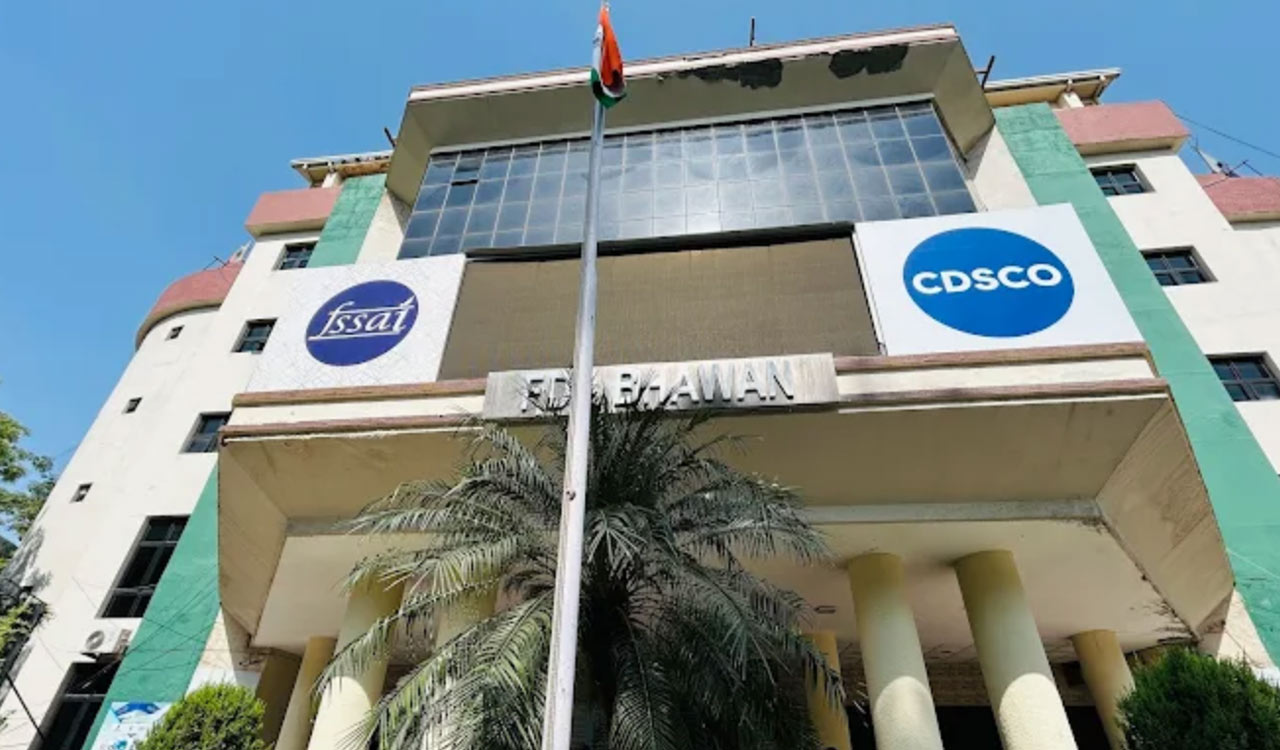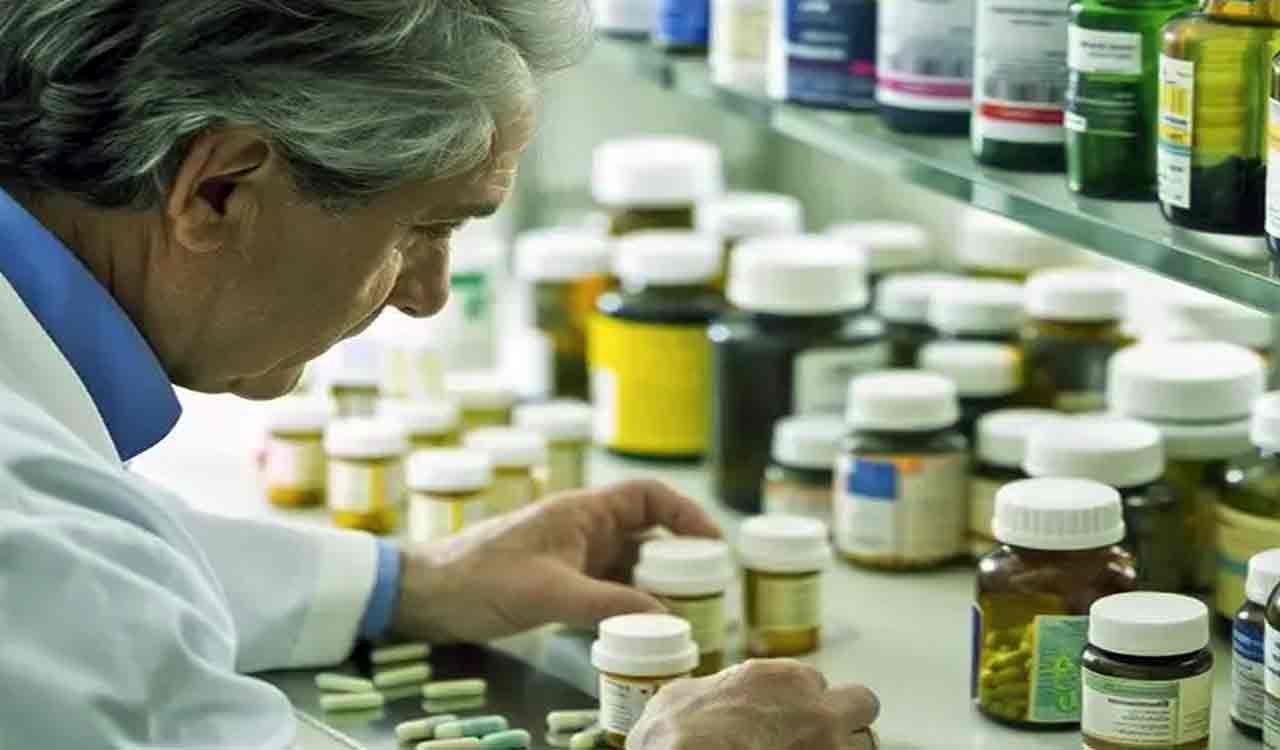Centre warns against cough syrups to children below 2 years
The Centre has issued a nationwide advisory cautioning against prescribing cough and cold medications to children under two years, following reports of child deaths allegedly linked to contaminated syrups in Madhya Pradesh. Investigations are ongoing, with multi-agency teams probing all possible causes.

New Delhi: The Centre has issued an advisory to all states and Union Territories, directing that cough and cold medications should not be prescribed to children under the age of two years.
The advisory, issued by the Directorate General of Health Services (DGHS), comes amid reports of child deaths allegedly linked to contaminated cough syrups in Madhya Pradesh.
Meanwhile, the Union Health Ministry noted none of the tested syrup samples in Madhya Pradesh contained Diethylene Glycol (DEG) or Ethylene Glycol (EG) — contaminants that are known to cause serious kidney injury.
The DGHS, which comes under the health ministry, said in the advisory that cough syrups are generally not recommended for children below five years.
For those older, their use should be based on careful clinical evaluation, close supervision, strict adherence to appropriate dosing, the shortest effective duration, and avoiding multiple drug combinations, it said.
Further, people may also be sensitised regarding adherence to prescriptions by doctors, the advisory issued by Dr Sunita Sharma of the DGHS said. It reiterated judicious and rational prescribing and dispensing of cough syrups for children.
“Most acute cough illnesses in children are self-limiting and often resolve without pharmacological intervention. Non-pharmacological measures, including adequate hydration, rest, and supportive measures, should be the first-line approach,” it said.
The advisory asked all healthcare facilities and clinical establishments to ensure the procurement and dispensing of products manufactured under Good Manufacturing Practices and formulated with pharmaceutical-grade excipients.
“Sensitisation of prescribers and dispensers across public and private sectors is essential to uphold these standards of care. It is requested that all state/UT Health Departments, District Health Authorities, and all Clinical Establishments/healthcare facilities under your jurisdiction should implement and disseminate this advisory across government dispensaries, PHCs, CHCs, district hospitals, and medical institutions,” the advisory said.
Earlier in the day, the health ministry said a joint team comprising representatives from the National Centre for Disease Control (NCDC), National Institute of Virology (NIV), Central Drugs Standard Control Organisation (CDSCO), among others, visited the site in Madhya Pradesh to collect samples of various cough syrups amid reports linking the recent deaths of children to the consumption of cough syrups.
“According to the test results, none of the samples contained Diethylene Glycol (DEG) or Ethylene Glycol (EG), contaminants that are known to cause serious kidney injury,” the ministry said.
The Madhya Pradesh State Food and Drug Administration (SFDA) also tested three samples and confirmed the absence of DEG/EG, it added.
Further, blood/CSF samples were tested by the National Institute of Virology (NIV), Pune, for common pathogens. One case was found positive for Leptospirosis, the ministry said.
Samples of water, entomological vectors, and respiratory specimens are under further investigation by National Environmental Engineering Research Institute (NEERI), NIV Pune, and other laboratories, it said.
A multi-disciplinary team comprising experts from the National Centre for Disease Control (NCDC), NIV, Indian Council of Medical Research (ICMR), AIIMS-Nagpur, and state health authorities is investigating all possible causes behind the reported cases.
On reports of two child deaths in Rajasthan because of contaminated cough syrup consumption, the ministry clarified that the product in question does not contain Propylene Glycol — a possible source of DEG/EG contamination, it said.
Additionally, the product under reference is a Dextromethorphan-based formulation, which is not recommended for paediatric use, it said.
Related News
-
CDSCO warns thyroid patients of serious side effects in carbimazole, doxycycline
-
CDSCO and TGDCA crack down on illegal medical device production in Serilingampally
-
Health budget rises 10% as govt plans integrated medical hubs
-
Govt notifies norms to skip test licences for drug R&D to boost ease of doing business
-
South Central Railway launches Rail Parcel Logistics app
4 hours ago -
CMR Engineering College hosts CSI AI 100K Program
4 hours ago -
Vote for Mouse Deer conservation, urges Hyderabad zoo
5 hours ago -
Telangana: School Education Dept sets 100% Aadhaar target for students
5 hours ago -
Paras Dogra controversy overshadows J&K’s strong showing against Karnataka
5 hours ago -
India face tough Zimbabwe test after South Africa loss in T20 World Cup
5 hours ago -
India beat Australia in shoot-out to end losing streak in FIH Pro League
5 hours ago -
Dev Ruparelia advances with straight-game win at Dutch Junior International
5 hours ago




